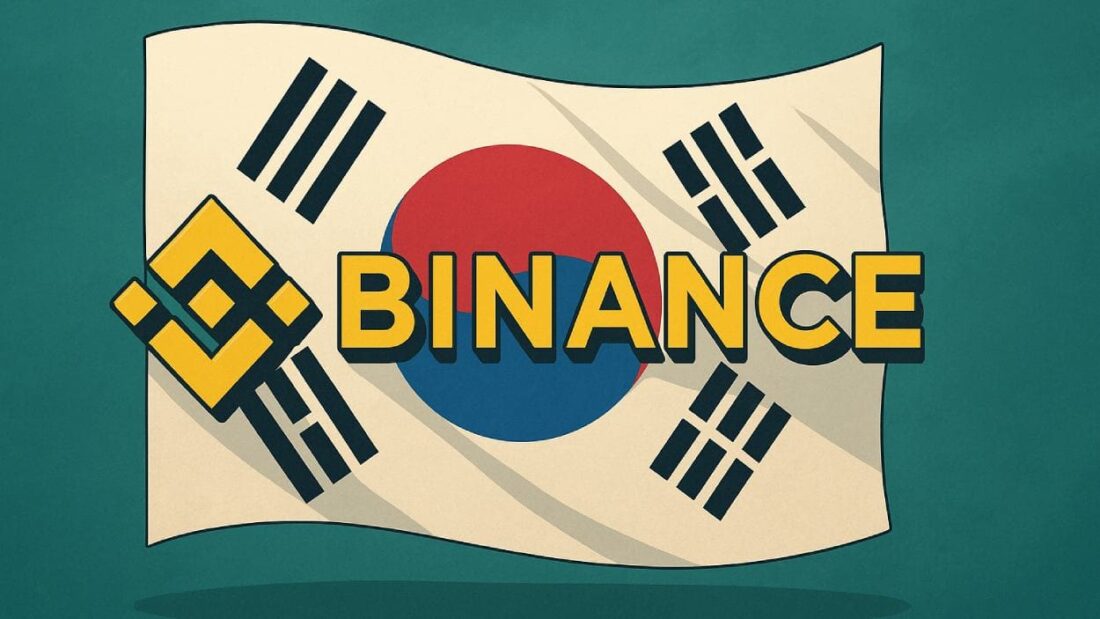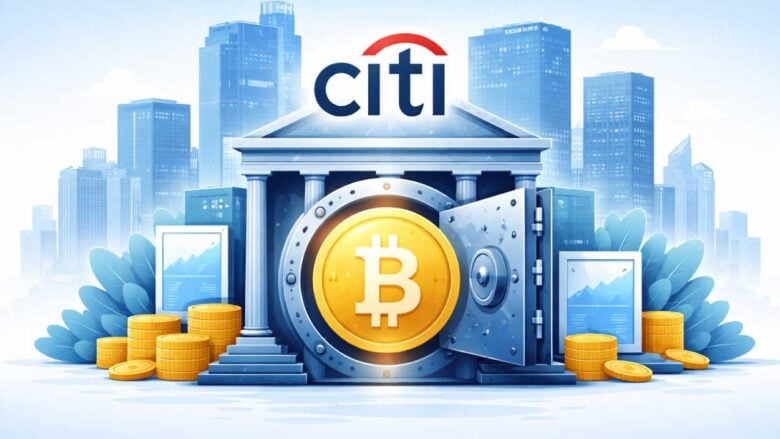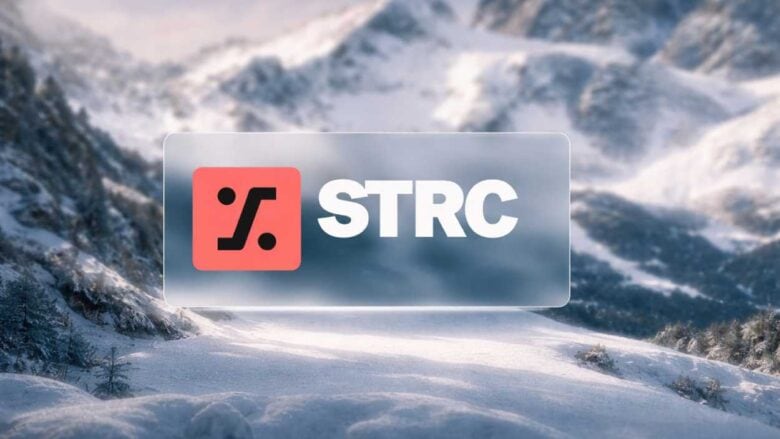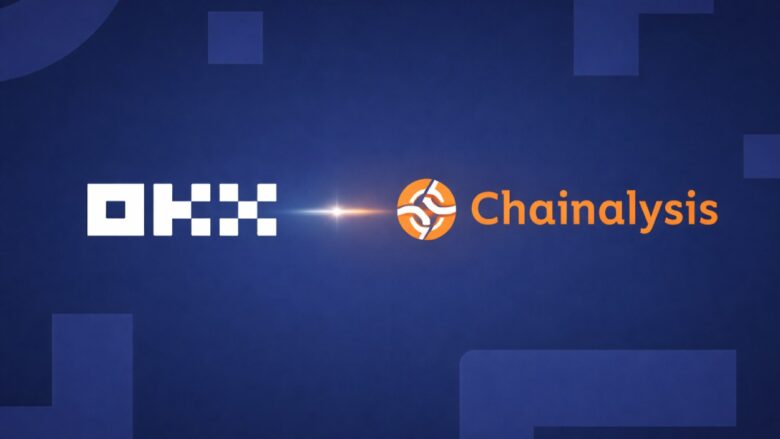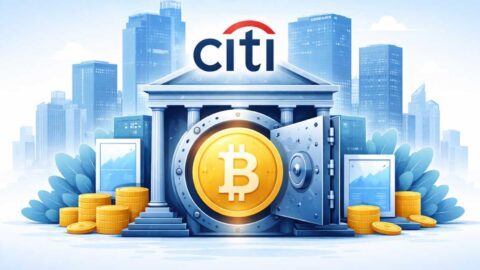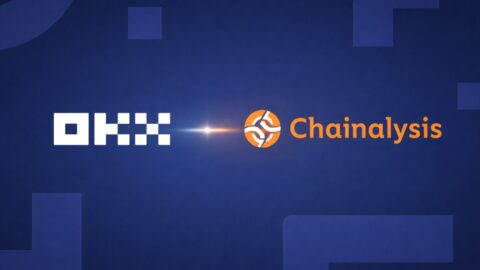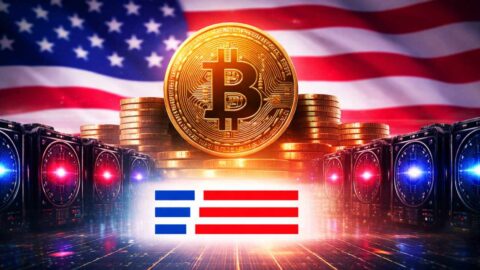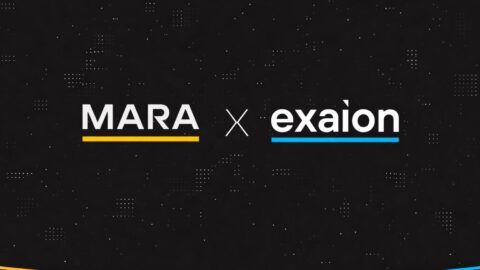Binance may finally return to the South Korean crypto market as the country’s Financial Intelligence Unit (FIU) resumes its review of the long-delayed Gopax acquisition deal.
Key Takeaways
- South Korea’s FIU has restarted its review of Binance’s acquisition of local exchange Gopax, over two years after the initial submission.
- Binance acquired a 67% stake in Gopax in 2023 following a liquidity crisis triggered by Genesis Global Capital’s collapse.
- The FIU is now reportedly assessing the deal positively, with a decision potentially expected by the end of 2025.
- Binance’s legal issues in the U.S. had previously stalled approval, but recent settlements have improved its global compliance standing.
What Happened?
South Korea’s Financial Intelligence Unit (FIU) has resumed its review of Gopax’s executive change report, a process seen as a proxy for evaluating Binance’s eligibility as a majority shareholder. This development marks the first significant step forward in over two years for Binance, which acquired a 67% stake in Gopax in 2023 but has been unable to finalize the acquisition due to regulatory concerns.
The renewed review process comes after Binance resolved major legal issues in the United States, including a multibillion-dollar settlement with the Department of Justice and the resignation of founder Changpeng Zhao.
South Korea resumes review of the Binance–Gopax deal, with the door to re-entry opening
— ScalpingX (@ScalpingX) October 14, 2025
📌 South Korea’s Financial Intelligence Unit has reopened its examination of Gopax’s executive change filing, reviving a process that had been dormant for over two years and putting Binance’s… pic.twitter.com/7rz2fZRwaw
Binance’s South Korea Push Back on Track
Binance’s path back into South Korea began in early 2023 when it acquired a majority stake in Gopax. The move came after Gopax froze $47 million in customer funds tied to its GoFi product, which had exposure to Genesis Global Capital. Genesis collapsed after the FTX fallout, forcing many platforms into financial crisis. Binance stepped in with a capital injection to stabilize Gopax and help unfreeze customer assets.
At the time, Binance and Gopax filed an executive change report in March 2023 with the FIU, a regulatory requirement under South Korean law. While the law does not provide a separate qualification process for major shareholders, the executive report serves as an indirect review of the parent company’s suitability.
However, the FIU put the review on hold due to concerns over Binance’s legal standing. The exchange had been sued by the U.S. Securities and Exchange Commission (SEC) and Commodity Futures Trading Commission (CFTC) for allegedly offering unregistered securities and failing to protect customer funds. Additional charges from the U.S. Department of Justice and Treasury over anti-money laundering violations further complicated matters.
Regulatory Climate May Be Shifting
With Binance’s legal battles in the U.S. now settled and a more crypto-friendly administration in power in South Korea under President Lee Jae-myung, the regulatory climate appears to be softening. South Korean financial authorities are said to be reviewing the executive change report favorably, and approval could come before the end of 2025.
An anonymous official from the South Korean financial industry noted that while the review is technically about executive changes, it is treated similarly to shareholder vetting for traditional financial institutions. The resolution of Binance’s legal troubles has likely eased regulatory concerns, allowing the FIU to move forward.
Still, the FIU has been cautious. Local reports mention ongoing concerns about Binance’s transparency, especially following allegations that the exchange may have underreported liquidation data during a market crash. Jeff Yan, CEO of Hyperliquid, claimed Binance reported only a fraction of actual liquidation events, raising questions about its data reporting practices.
Despite these concerns, Binance remains the largest shareholder in Gopax. Its earlier plan to sell a portion of its stake to a domestic cloud provider fell through in late 2024, reinforcing Binance’s strategic commitment to reestablishing a presence in South Korea.
Gopax’s Role in the Local Crypto Market
Gopax is one of just five exchanges in South Korea permitted to offer cash-to-crypto services under strict regulatory guidelines. The country’s financial rules require extensive due diligence for crypto operations, and so far, no foreign exchange has been granted a license to operate independently.
Binance’s reentry, if approved, could mark the first time a global exchange has successfully regained access to the South Korean market through a domestic partner. It would also reaffirm Binance’s strategy of expanding through regional acquisitions, especially in markets with growing but tightly controlled crypto sectors.
CoinLaw’s Takeaway
I think this situation perfectly shows how much regulatory clarity and timing matter in crypto. Binance’s acquisition of Gopax looked like a rescue mission in 2023, but it stalled hard because of global compliance issues. Now that Binance has settled with U.S. regulators and South Korea seems more open to crypto, the deal’s finally getting a second look. In my experience, crypto businesses often forget how much local laws can delay expansion. This is a rare case where regulatory patience and persistence might actually pay off. If this gets approved, it could set a roadmap for how global exchanges re-enter markets they once exited.

